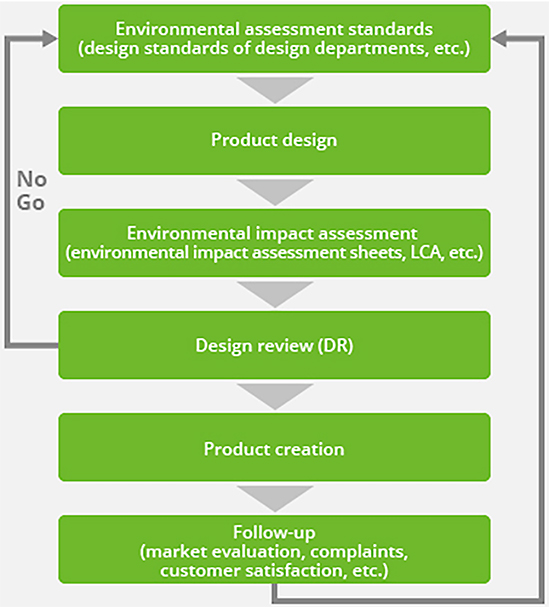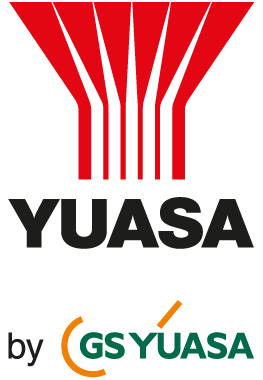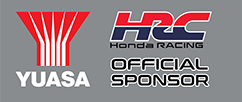GS Yuasa pays attention to the environmental compatibility of its batteries in all areas of production.
Designing environmentally conscious products
The GS YUASA Group’s products have some impact on the environment during every stage of the product life cycle – from procurement and manufacturing to transportation, use and disposal. In order to reduce the environmental burden throughout the product life-cycle caused by the consumption of resources and the generation of greenhouse gases and waste, the Group is committed to improving the product performance through designing that considers selection of raw materials, ease of disassembly and segregation, energy conservation, and appropriate labelling.
For an environmental assessment of product design, design departments employ design standards and then evaluate the suitability of products in design review (DR) meetings based on environmental impact assessments of every stage of the product life cycle. When environmental impact standards are not met, we review the design standards and redesign the product. We use the expertise of several departments in addition to design departments, including engineering, marketing, procurement, quality and the environment, to make sure that the results of Design for the Environment (DfE) are communicated widely, which also maximizes their effectiveness.
Environmental Assessment Items
1. Energy conservation
2. Volume reduction
3. Recyclability
4. Ease of disassembly
5. Ease of separation processing
6. Safety and environmental conservation
7. Material selection
8. Ease of maintenance
9. Energy efficiency
10. Reusability (life extension)
Flow of Environmental Assessment

Reflecting information in the products
Important information, such as customer requirements for GS YUASA Group products, is used when we change the design of existing products or design new products. This helps boost the value of our Design for the Environment. Information from interested parties related to after-sales service, returns and complaints are used as a valuable resource to improve the environmental performance of products.
Management of chemical substances contained in products
The GS YUASA Group takes steps to provide products with minimal environmental burden based on the Chemical Substance Management Guidelines, which clarify the standards for chemical substances in products. These guidelines are part of initiatives to examine chemical substances contained in materials delivered as stipulated in the GS YUASA Group green procurement criteria. With these guidelines, we classify chemicals contained in our main materials, as well as the secondary materials and the parts used in the products that the Group makes and sells as either prohibited substances or managed substances. The GS YUASA Group works with our business partners who supply main materials, auxiliary materials and components to identify and definitively manage the substances covered by the guidelines to raise the environmental quality of our products.
Popularizing environmentally considered products
The GS YUASA Group defines environmentally considered products as those products that help mitigate global warming, and we are actively working to develop and popularize such products.
In fiscal 2019 we started incorporating into the Group’s Mid-Term Management Plan sales targets for environmentally considered products, making it part of our business strategy to work on climate change through the products we provide to customers.
Examples of Environmentally Considered Products
- Batteries for vehicles with start-stop systems
- Storage battery system
- Lithium-ion Batteries for hybrid vehicles and electric vehicles
To find out more about GS YUASA batteries, please visit (www.yuasa.de):
GS YUASA is one of the largest manufacturers and suppliers of rechargeable batteries with production facilities worldwide and an extensive marketing and distribution network in Europe. The wide range of lead-acid and lithium-ion batteries covers most well-known industrial applications, such as security and alarm systems, UPS and emergency lighting systems as well as OEM equipment. The three business units include Industrial (industrial batteries for standby and cyclic applications), Automotive and Motorcycle (automotive and motorbike starter batteries).
GS YUASA Battery Germany GmbH, founded in 1983 as YUASA Battery (Europe) GmbH, is based in Krefeld and serves 15 countries within Europe from there.
← Back





